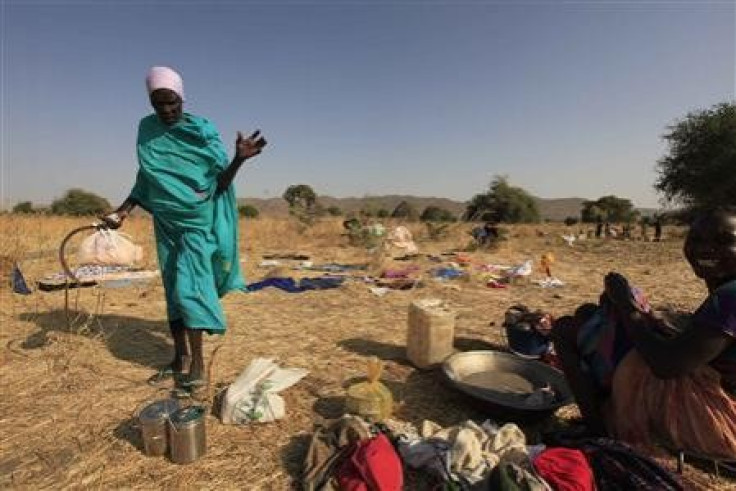South Sudan Cattle Wars between Tribes Claim 900 Lives
Lou Nuer and Murle tribal groups engaged in tit-for-tat theft, arson, looting and kidnapping, says UN

Nearly 900 people died in a series of attacks between two rival cattle rearing communities in South Sudan in late 2011 and early 2012, the United Nations said.
The UN Mission in South Sudan (Unmiss) said women and children were kidnapped and houses burnt in the attacks between the two rival ethnic groups, the Lou Nuer and the Murle. Cattle was stolen and villages burnt.
In late December, an estimated 8,000armed youths belonging to the Lou Nuer, who calls themselves the "White Army", waged attacks on Murle tribe in remote villages in eastern Jonglei state.
"The UN mission recorded 612 fatalities in the course of the attacks on settlements of the Murle community between 23 December and 4 January," the report said.
In January, the local commissioner in Pibor claimed that up to 3,000 Murle had been killed - but that figure was rejected by the UN.
In retaliation for the killings, the Murle targeted areas inhabited by Lou Nuer and the Dinka ethnic group, which had joined in the attacks. Some 276 people died between 27 December and 4 February.
The UN report criticised the South Sudan government for failing to protect civilians, investigate the violence or bringing those responsible to account.
"The failure of the government is believed to have contributed to this cycle of attacks, which have resulted in increasing numbers of casualties and been marked by acts of deliberate cruelty," the report said.
Hilde Johnson, head of Unmiss, called on the government to investigate the root causes of the tribal attacks.
"This needs to be part of a comprehensive peace process," she said..
The report provides a nine-point "roadmap" to avert major outbreaks of violence, including activating a committee set up in March to investigate the killings and prosecute those responsible.
Despite a peace deal in 2005 to resolve territorial disputes, South Sudan continues to struggle to contain violence between rival cattle raising communities.
© Copyright IBTimes 2024. All rights reserved.






